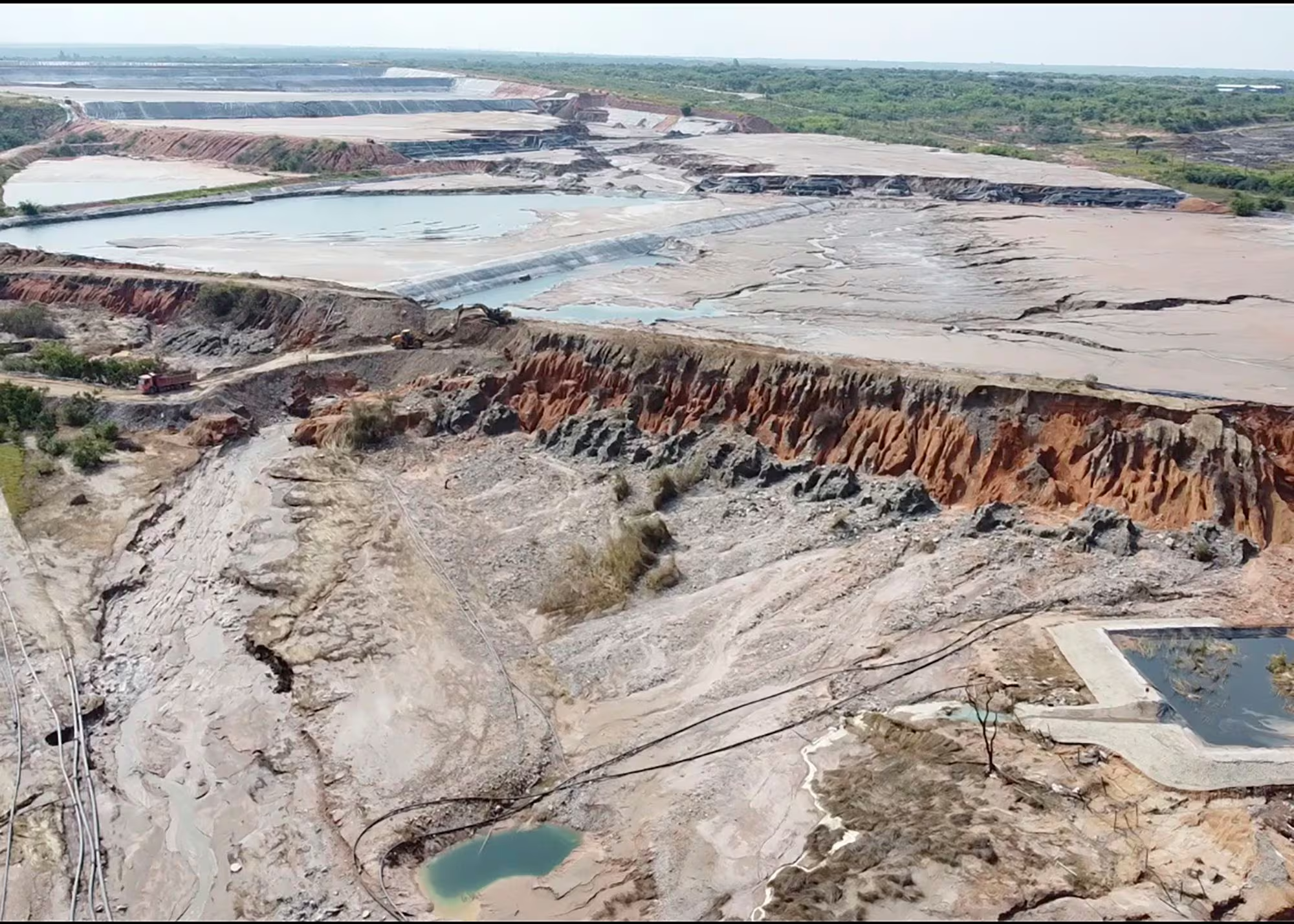
Zambia has downplayed health concerns following a toxic spill at a Chinese-owned copper mine, after the United States ordered the evacuation of its personnel over contamination fears.
- Zambia addressed health concerns following a toxic spill from a Chinese-owned copper mine.
- The spill released 50 million liters of toxic sludge, affecting the Zambezi River and the surrounding ecosystem.
- The U.S. evacuated personnel from Chambishi, citing contamination risks, though Zambia assured that risks are controlled.
Zambia has downplayed health concerns following a toxic spill at a Chinese-owned copper mine, after the United States ordered the evacuation of its personnel from the country’s second-largest city over contamination fears.
In February, a waste dam at a mine operated by Sino-Metals Leach Zambia Ltd., a local unit of state-owned China Nonferrous Mining Co., collapsed, releasing an estimated 50 million litres (13 million gallons) of toxic sludge into a tributary that feeds the Zambezi River.
DON’T MISS THIS: List of African countries where Starlink is operational in 2024
The spill devastated aquatic life and destroyed crops along the riverbanks, marking one of the worst environmental disasters in the history of Africa’s second-biggest copper producer, Bloomberg reported.
The U.S. health alert said the acid spill had polluted water and soil around the town of Chambishi, where the plant is located and that contaminants could also become airborne.
Zambian government says crisis ‘Under Control’
However, Zambia has denied that an acid spill in its copper-mining region six months ago still posed a serious health risk, a day after the U.S. embassy restricted travel to the area for U.S. officials, citing widespread contamination.
Zambia’s Information and Media Minister Cornelius Mweetwa said the situation was under control.
DON’T MISS THIS: How Kenya’s Safaricom and Elon Musk’s Starlink continue to lock horns
“The immediate danger to human, animal and plant life has been averted as we speak today. All serious implications on public health, water safety, agriculture and the environment have been brought under control,” Cornelius Mweetwa, the information and media minister, told reporters Thursday. “There is therefore no cause for alarm.”
Mweetwa said laboratory tests showed pH levels in the affected waters had returned to normal and concentrations of heavy metals were declining.
He also confirmed that Sino-Metals had paid a fine of 1.5 million kwacha (around $65,000) and begun disbursing an additional 14 million kwacha (about $600,000) in interim compensation to impacted farmers.












